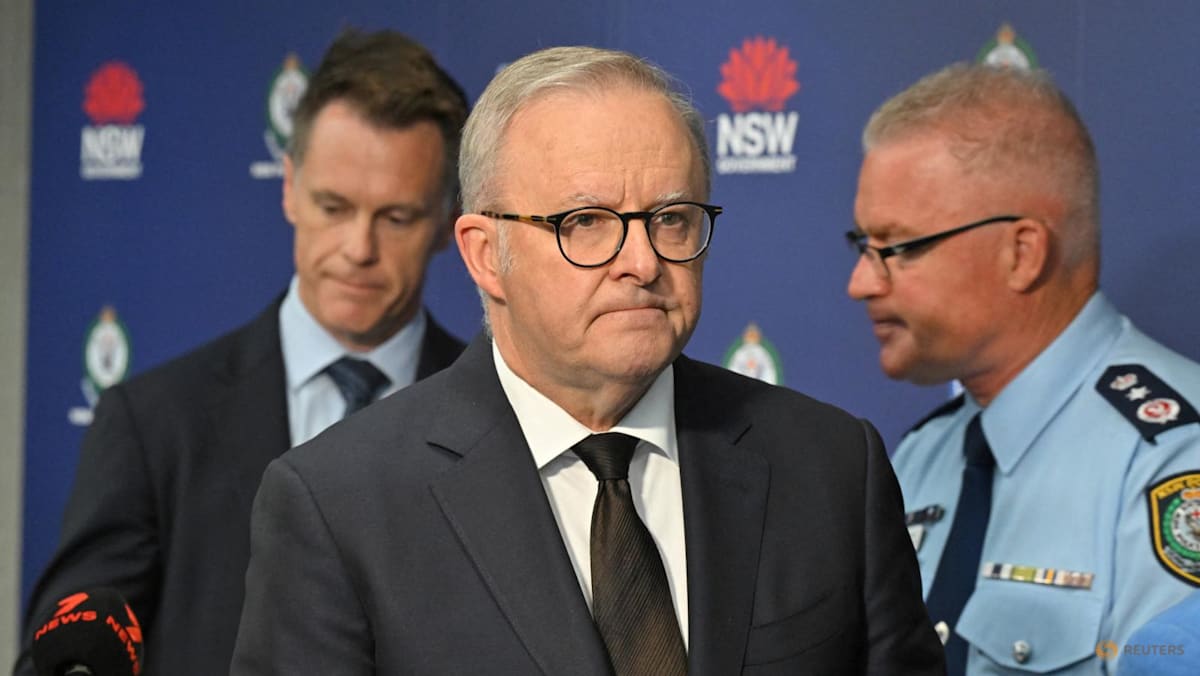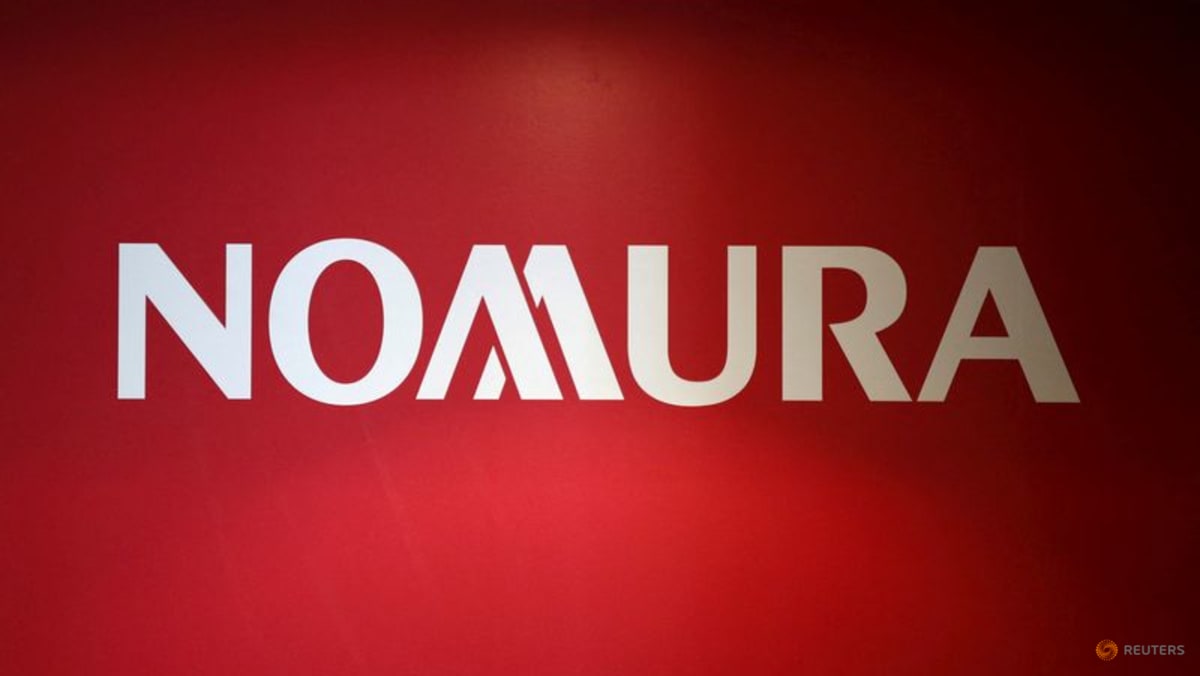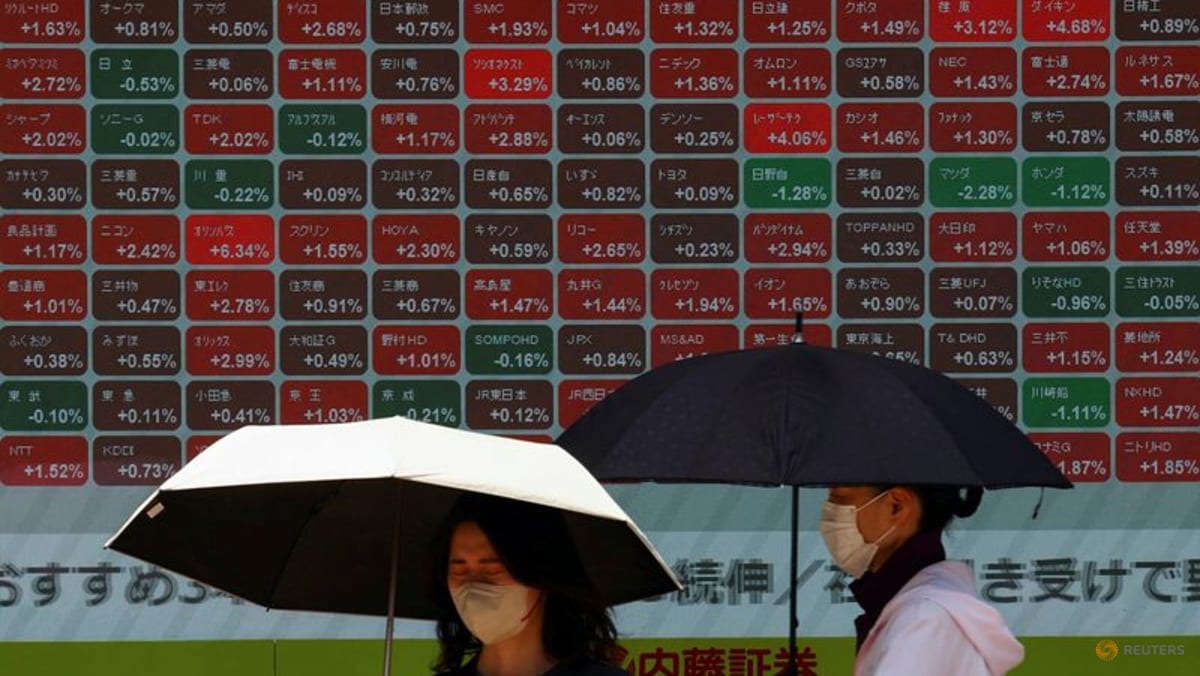U.S. companies are lining up to borrow in euros with bond sales hitting a record $100 billion so far this year, reflecting attractive European funding conditions and a growing willingness among issuers and investors to shift away from the dollar.
The likes of Google-parent Alphabet, Visa, PepsiCo, payments firm Fiserv and Verizon have sold bonds denominated in euros recently.
This offshore fundraising, called "reverse Yankees" in a nod to Yankee bonds sold by foreign companies in the United States, is up from just over $78 billion for the whole of 2024, LSEG data shows.
The trend is seen as positive for the euro given the dollar's 10 per cent drop this year on concerns about erratic U.S. trade policy and as European Central Bank chief Christine Lagarde urges a "global euro moment".
"There is a wall of currency ready to be deployed into European credit," said Matteo Benedetto, EMEA co-head of investment grade syndicate at Morgan Stanley.
"Behind those inflows, there is a broader trend of asset reallocation into euros and potentially away from the dollar," said Benedetto, who arranges European debt sales for companies.
ING said in a report this month that fund flows point towards an increasing preference for euro-denominated debt among global issuers.
Investors and bankers reckon that the record run for reverse Yankees is likely to persist given lower borrowing costs, favourable currency market dynamics and a diversification away from dollars, although analysts say it's early days in calling a turning point in the dollar's standing.
For now, the cost of issuing bonds in euros after swapping the raised funds back to dollars, across similar credit quality and maturity profiles, is better or comparable for U.S. companies issuing the same in dollars, Benedetto said.
The pickup in reverse Yankee issuance this year has been led by non-financial firms, which have sold almost 50 billion euros ($59 billion) of bonds, up 32 per cent year-on-year.
Alphabet, which hit a market capitalisation of $3 trillion for the first time on Monday, raised almost 7 billion euros in a bond sale in May, Fiserv tapped the market for 2.175 billion euros the same month and Verizon raised 2 billion euros in July by selling seven and 12-year notes.
Alphabet, Visa, PepsiCo and Verizon did not respond to requests seeking comment. Fiserv declined to comment on its bond sale.
U.S. financial firms, meanwhile, have nearly doubled such issuance to roughly 35 billion euros this year, LSEG data shows.
Zurich-based Vontobel Asset Management is among investors that are snapping up euro bond sales from U.S. companies.
"For investors, it's also an interesting topic because they are able to diversify a little bit away from their European core allocations," said Christian Hantel, head of global corporate bonds at Vontobel.
PRICE EFFICIENCY
The wave of euro-denominated issuance from American companies has also pushed up the U.S. weight in traditional debt indices, making such issuance hard to ignore, Hantel said.
The weight of U.S. corporate issuers in the iShares Core Euro Corporate Bond ETF, a proxy for investment grade corporate borrowers, increased to nearly 19 per cent by the end of August, from about 18 per cent at the end of 2024 and is the second largest after France, Morningstar data shows.
The reverse Yankee bond sales have been well absorbed by the euro area market and have delivered more size, price efficiency and greater flexibility in the maturity of bonds issuers' pick, said Giulio Baratta, global co-head of investment grade finance at BNP Paribas.
BNP Paribas and Morgan Stanley were among the banks involved in a 3.3 billion euro Pfizer bond sale in May, according to a filing by the pharmaceutical firm. BNP was also involved in IBM's 3.5 billion euro sale earlier this year, Baratta said.
Baratta, who heads BNP's corporate debt capital markets, noted that U.S. firms have been able to tap debt maturities of up to 20 years in euros, moving past the traditional 5-to-12 year bucket.
That's because expectations that U.S. growth will exceed that of Europe makes investors keen to tap debt from American companies and a weakening dollar burnishes the euro's appeal as a conduit to gain exposure. The euro is up nearly 14 per cent so far this year to $1.17, some analysts anticipate a rise to $1.20.
The euro remains the second-most used currency in international debt markets after the dollar, with a roughly 39 per cent share according to ING. This, along with central bank reserve holdings and trade invoicing, is in focus for signs of a shift away from the dollar.
"It doesn't necessarily mean 'don't buy U.S. corporates', but having the opportunity to diversify away from U.S. dollar assets into euro assets is something that investors are looking to do," said Connor Olvany, a portfolio manager at L&G Asset Management's European Credit team in London.
($1 = 0.8497 euros)


















































